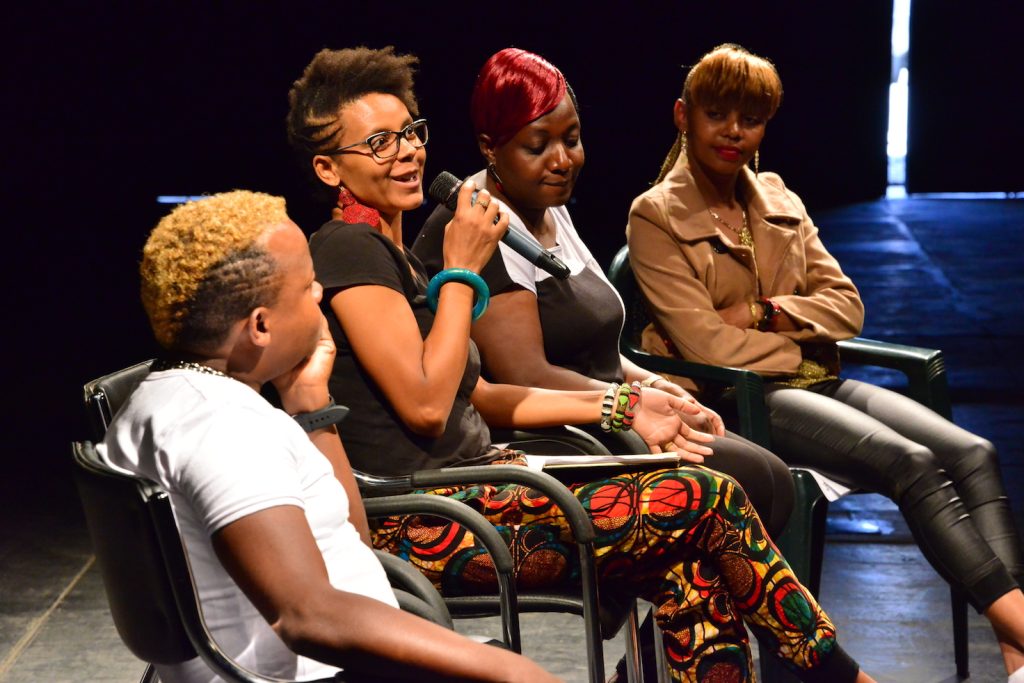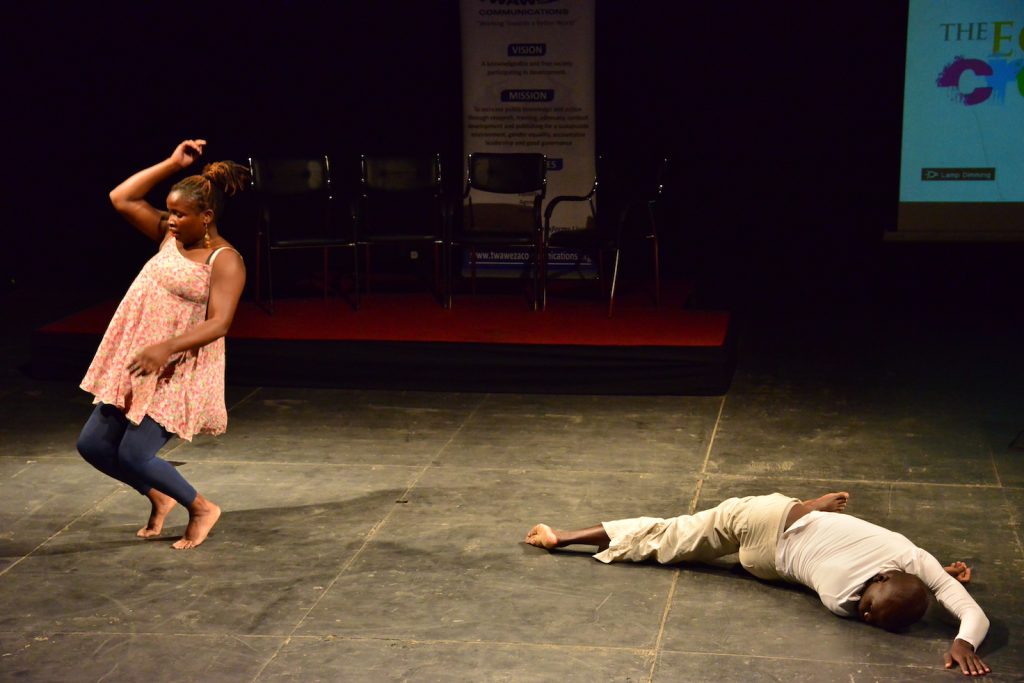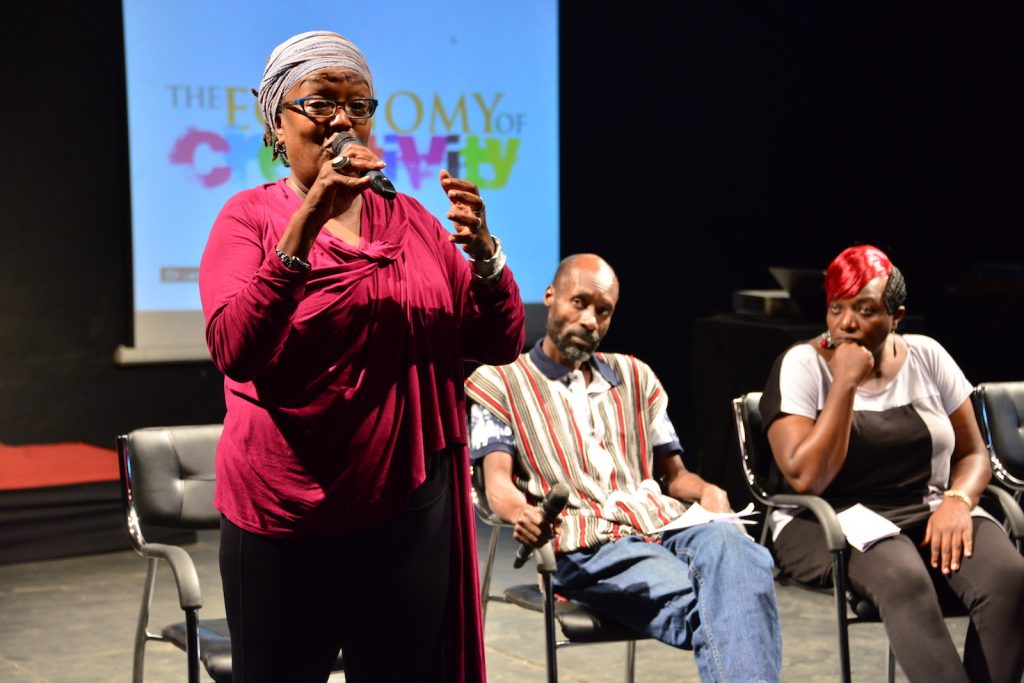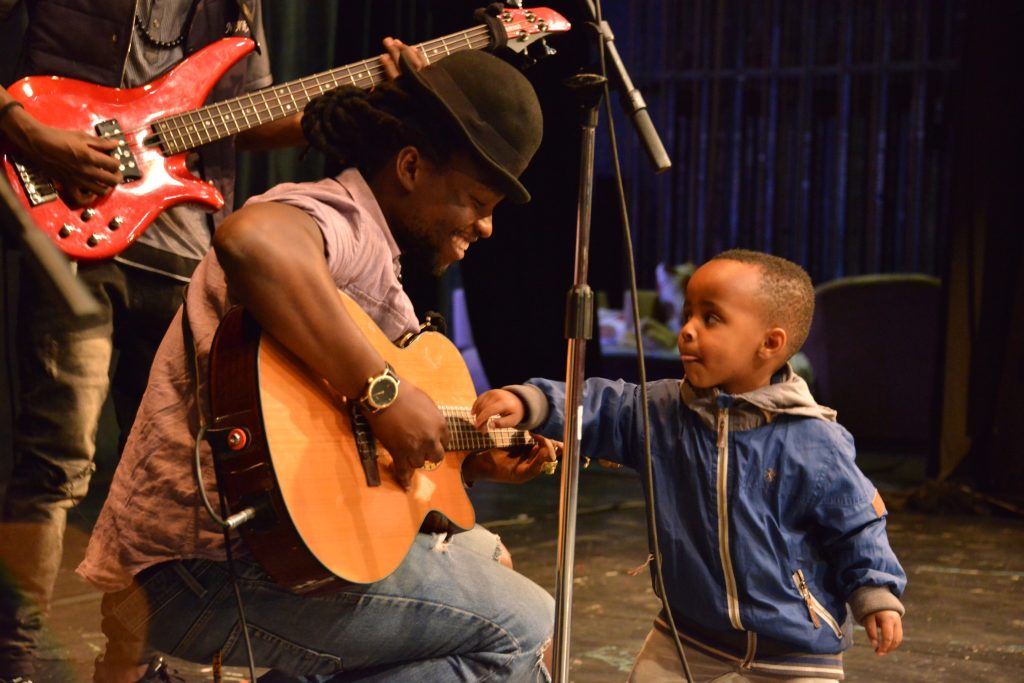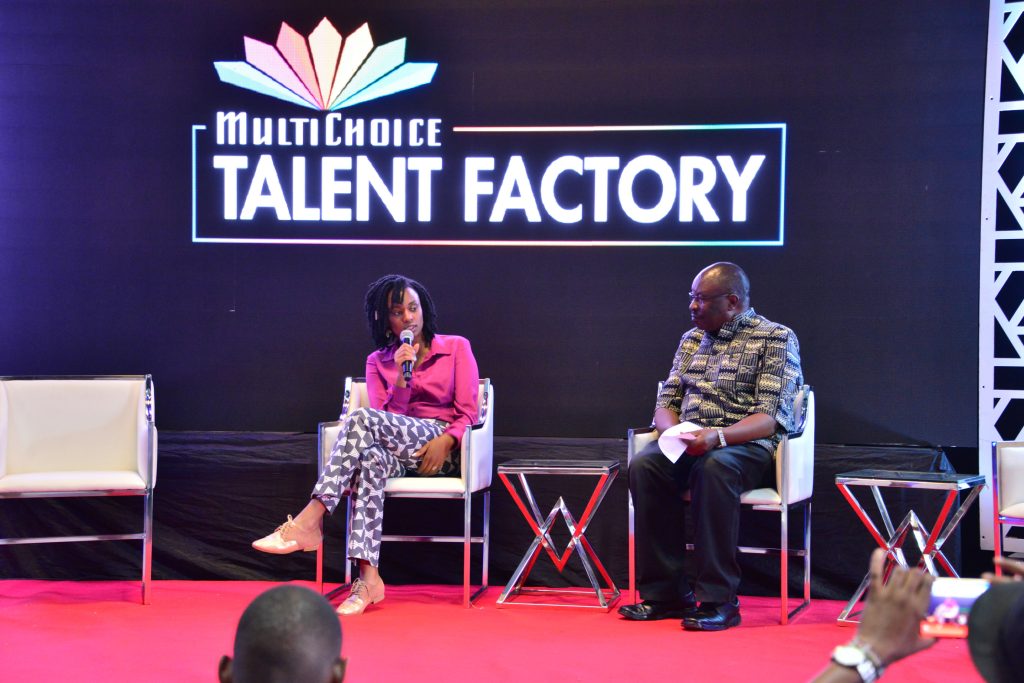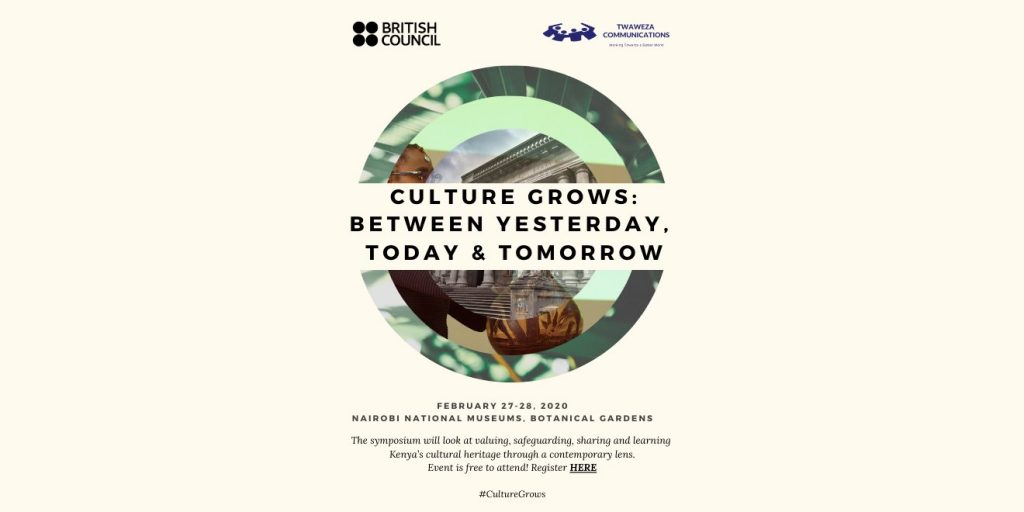We work with key partners to execute workshops, conferences and other interventions to better the creative and cultural industries.
IMARA ROUNDTABLE SERIES
This is a series of events organized in partneship with the Goethe Institut and GIZ to provide training to creative enterpreneurs.
The topics included creative industry and intellectual property, its linkages with tourism, the opportunities in digital media among others.
The videos from these events are available on this website and on our YouTube channel.
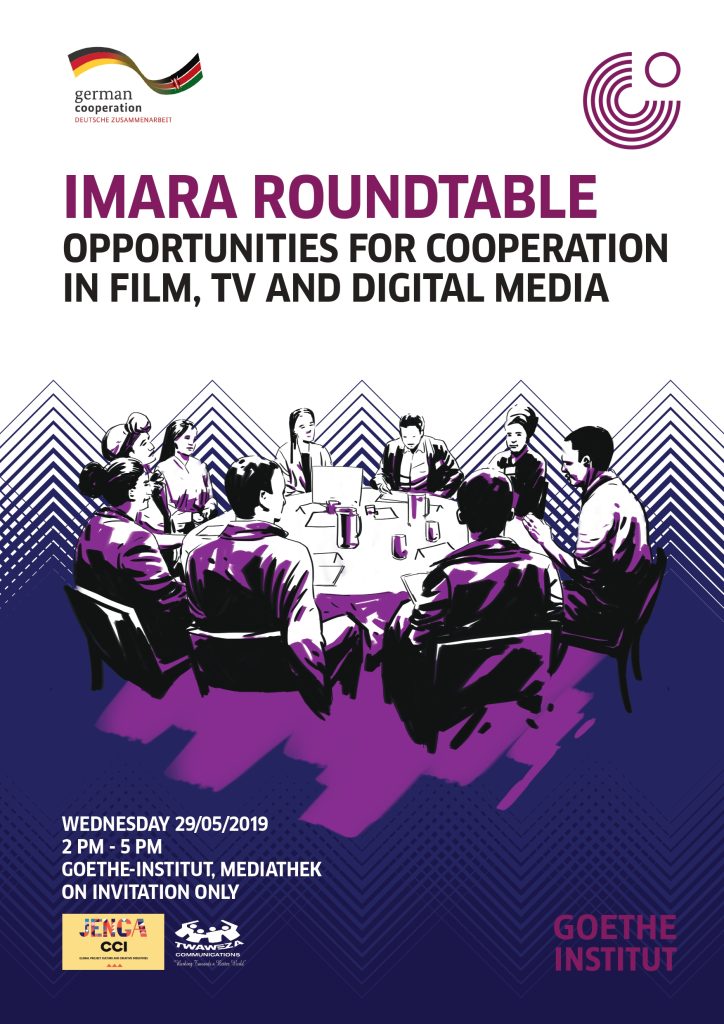
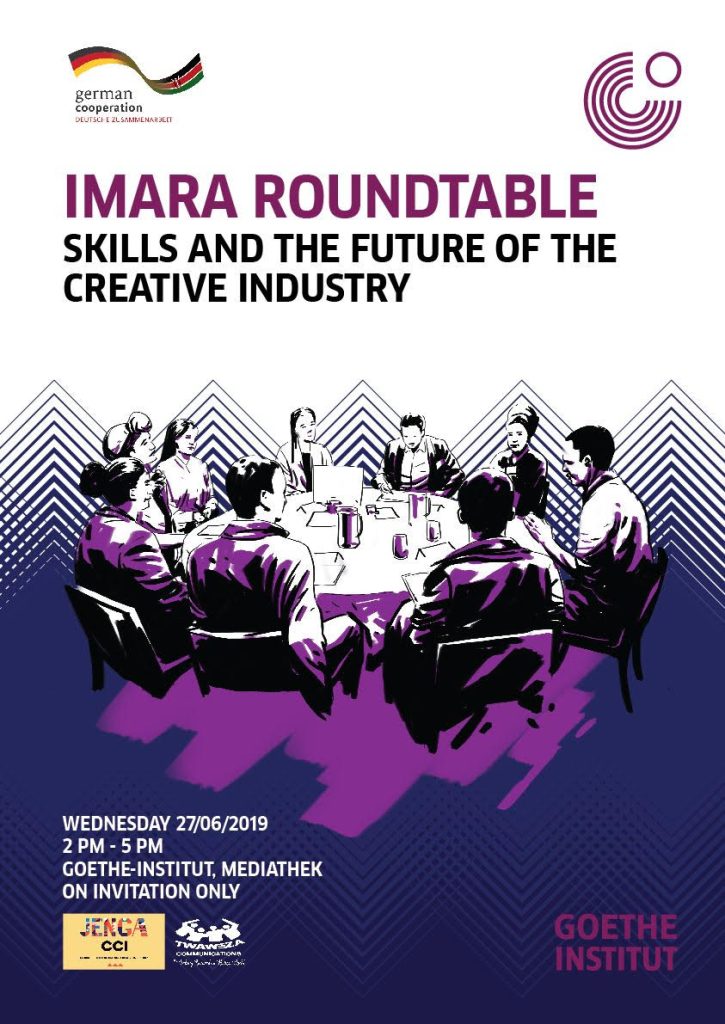
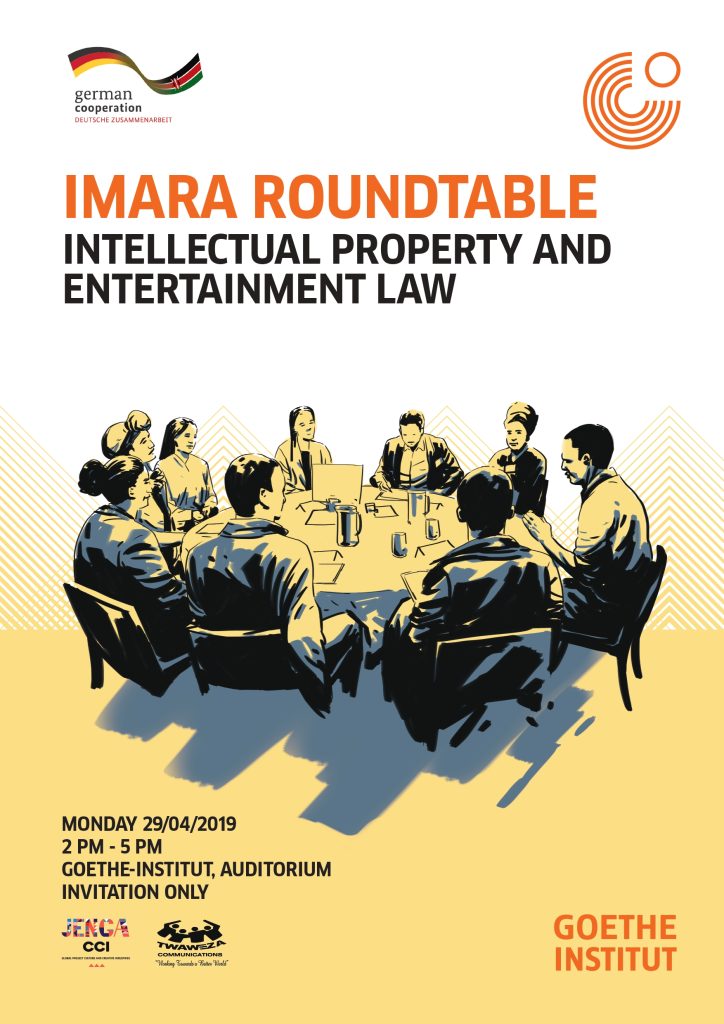
Inter-Generational Dialogue Forums
The Intergenerational Dialogue Forums are a series of conversations between creative industry practitioners across different generations.
These exchanges provided a platform to explore the disruptions and continuities within the creative sector across the pre-colonial, colonial, and postcolonial periods.
These opportunities for interaction, knowledge-sharing promote intergenerational collaborative planning for the sector’s development
Over fifty creatives participated in the forum at the Kenya National Theatre that incorporated panel discussions and musical performances.
The keynote on ‘The History and Evolution of Kenya’s Music,’ with Tabu Osusa, Director of Ketebul Music examined the historical and cultural development of music in Kenya.
The first panel by Greg Tendwa, Barbra Guantai, Dan Aceda, Phy Ngetich and Peter Akwabi discussed Identity and Genres of Music.
The second panel by Topi Lyambila, Fundi Frank, Rashid Jibril, Michael Waithaka and Boniface Nyaga discussed Media and Live music programming in Kenya
This edition of the IGDF involved a series of discussions about the chronological, social and political development of the visual arts.
Elimo and Phillda Ragland-Njau-the proprietors of the Paa ya Paa Gallery- canvassed the 1960’s and 1970’s and the impact of racism, colonial and post-colonial policies on art and art collections.
Kangara Wa Njambi led a conversation on visual arts in the 1980s and the dictatorial nature of the political space. The artists in this phase collected artifacts that represented Kenya and put them in the Kenya Archives.
Held at the MNet Studios, this edition focused on ‘The History and Evolution of Kenya’s Film’.
Dr. Edwin Nyutho examines the evolution of film, tracing its roots back to its use as a colonial propaganda tool. During the colonial period, film was primarily employed by the British government to project images of power and control, often portraying colonial rule in a positive light while marginalizing indigenous cultures. Nyutho highlights how these early films were used to reinforce colonial ideologies, shaping perceptions both locally and internationally.
Peter Mudamba reflects on the formidable challenges of building a local theatre scene in Kenya. Mudamba sheds light on the determination of local artists to create and sustain a vibrant theatre culture despite various obstacles, highlighting the importance of grassroots initiatives and community engagement in fostering the arts.
Oluoch Obura pays tribute to John Ruganda, one of the pioneering figures in East African theatre, offering an insider’s perspective on the establishment of the Free Travelling Theatre. Founded in the 1970s, this mobile theatre company played a crucial role in bringing theatre to rural communities, where access to cultural performances was limited. The tribute also helps contextualize the emergence of Ngugi wa Thiong’o’s renowned work with the theatre at Kamiirithu, where Ngugi and his collaborators used theatre as a form of political resistance, staging plays that critiqued the injustices of the postcolonial government.
The Forum incorporated panel discussions, experience sharing and dance performances.
The session started with an overview of the Evolution of Dance in Kenya given from the perspective of James Mweu, founder of Kunja Dance Theatre.
In discussion on The Economy of Dance: Earning a livelihood from dance, panelists including Kanda King and Mathiew Ondiege discussed opportunities for Dance in Kenya.
The panel discussion on Continuity & Sustainability – Training, Influences and Evolving forms featured traditional dance artist Dinah Abok and choreographer Kahithe Kiiru. The panel explored opportunities to grow dance in Kenya, managing the influence of other dance forms on the traditional/Kenyan dance and training in dance.
A panel on Emerging Kenyan Conceptual Art had panelists including Wambui Collymore and Thandiwe Muriu discussed how their work has been received in Kenya.
The Culture Grows
This series of events explores the use of cultural heritage for growth to benefit all levels of society.

